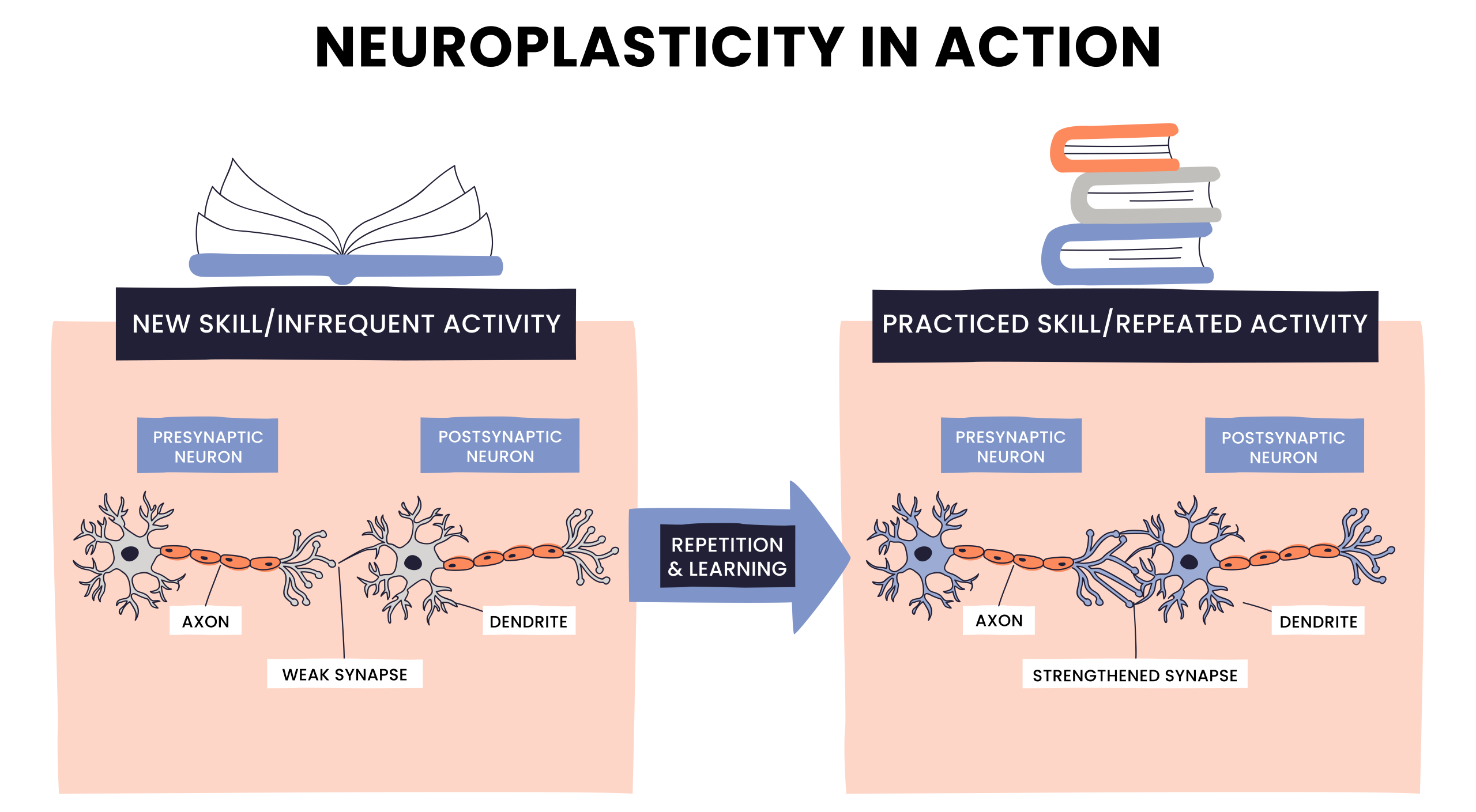
Part Two of the Sustainable Choices Series
Returning to a healthy planet and healthy humankind, we have the chance to turn the tide of climate change. The American Heart Association in 2023 affirms that consuming less meat decreases the risks of heart disease, stroke, obesity, high blood pressure, high cholesterol, type 2 diabetes mellitus and cancers.
Embracing a diet prioritising plant-based proteins aligns well with individual well-being and global environmental health. It is a win-win for both humanity and the planet. A person can lose body weight by eating less, not just eating less meat. Reducing fat in the body can help a person feel better.
For example, on a hot day, a lean person would be able to cool off faster than an obese person because obese people trap more heat in their bodies. Evidence also showed that obesity and overweight cause an increase in electricity and fossil fuel consumption due to lack of physical activity.

Moreover, addressing obesity is a key component of the broader challenge in the context of climate change. Increased temperatures and precipitation discourage physical activities, leading to sedentary lifestyles and obesity.
In Ethiopia, a study by Mekelle University in 2016 revealed that the average price of tomatoes increased 310% per cent in 2015 as compared to 2009 due to scarcity and yield of the commodity as an effect of soil erosion, land degradation, flood, droughts and other natural disasters brought by climate change. The price increase of fresh fruits and vegetables could be a factor that causes people to opt for other unhealthy but cheaper options.
Increasing temperatures and precipitation (rain) brought by climate change could make people refrain from physical outdoor activity, leading to sedentary lifestyles that lead to obesity. A 2023 study in Australia published in the International Journal of Behavioral Nutrition and Physical Activity revealed that adults tended to be less active during extreme weather of hot temperatures and outdoor wind. Adults spent an additional 12 minutes daily being sedentary when the minimum daily temperature is at 31.2°C and an additional 10 minutes sedentary when the average wind speed is 36.7 km/h. This Australian research also found that adults sleep less as temperatures rise, with a sleep time reduction of 12 minutes daily at an average minimum temperature of 31.2°C.
This relationship is reciprocal: obesity contributes to climate change through increased energy consumption and fossil fuel use. The interconnectedness of these issues highlights the urgency of a comprehensive approach. By advocating for a reduction in meat consumption, we not only combat climate change but also address the health crisis of obesity. Both issues can be addressed if we start by reducing consumption right from our dining plate, and we can start by eating less meat.
As we conclude, by making informed choices about what we consume, we can transform our health and the health of our planet (Planetary Health). It is time to recognise the pivotal role each of us plays in shaping a future where both humanity and the Earth thrive. Let’s keep our fingers crossed that the seedlings of awareness for Planetary Health will start growing into solid, strong trees that will be favourable to the environment. For a start, why not try plant-based meals or lab-based meat? Any takers?




